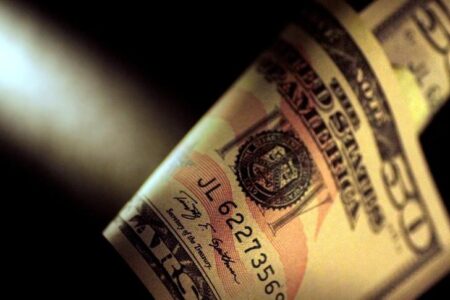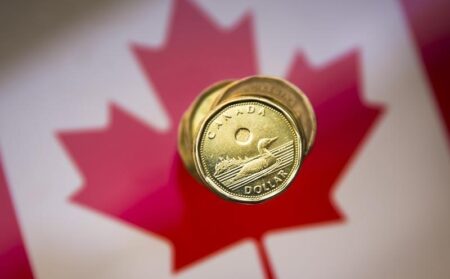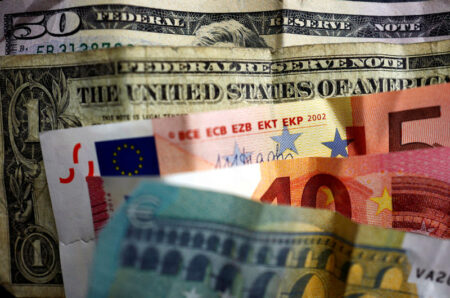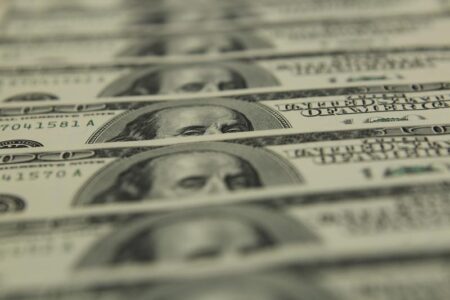Investing.com– Traders remained on edge over any potential intervention in currency markets by Japanese authorities, as the yen plummeted to a one-year low after the Bank of Japan disappointed markets with only minimal changes to its yield curve control policy.
The slid 1.7% on Tuesday to 151.77- its weakest level against the dollar since late-October 2022. But the yen rose 0.2% on Wednesday morning to 151.40, recovering some ground after top currency official Masato Kanda said that the government was ready to act against “one-sided” moves in currency markets.
Kanda’s comments were the latest verbal warnings from the Japanese government over speculation against the yen. But they carried more weight this time around, given that the yen was close to the threshold that had triggered over $60 billion worth of intervention by the Japanese government in 2022.
Before October 2022, the last time the yen had breached the 150 level was in early-1990, during the onset of the lost decade, after the unwinding of a massive speculative bubble in Japan.
The yen’s latest decline came after the made limited changes to its yield curve control policy on Tuesday.
While the bank still flagged some more flexibility in how it allows bond yields to fluctuate, the move largely disappointed investors hoping for a more aggressive change. It also indicated that a shift away from the BOJ’s ultra-dovish stance will take longer to play out than initially expected.
The BOJ’s dovish signaling was particularly damaging this week, given that it came just a day before the conclusion of a Federal Reserve meeting, where the bank is expected to signal higher-for-longer rates.
A dovish BOJ has been the biggest weight on the yen over the past year, as a widening gap between local and U.S. interest rates, following a series of interest rate hikes by the Fed, made the Japanese currency appear substantially less attractive.
Volatility across global financial markets also diminished the yen’s appeal as a vehicle for carry trade.
The BOJ and the government have warned that a weakening yen threatens to potentially destabilize the Japanese economy, given that it pushes up import costs and factors into higher inflation.
This notion has been the key driver of government intervention in currency markets over the past year.
Read the full article here












